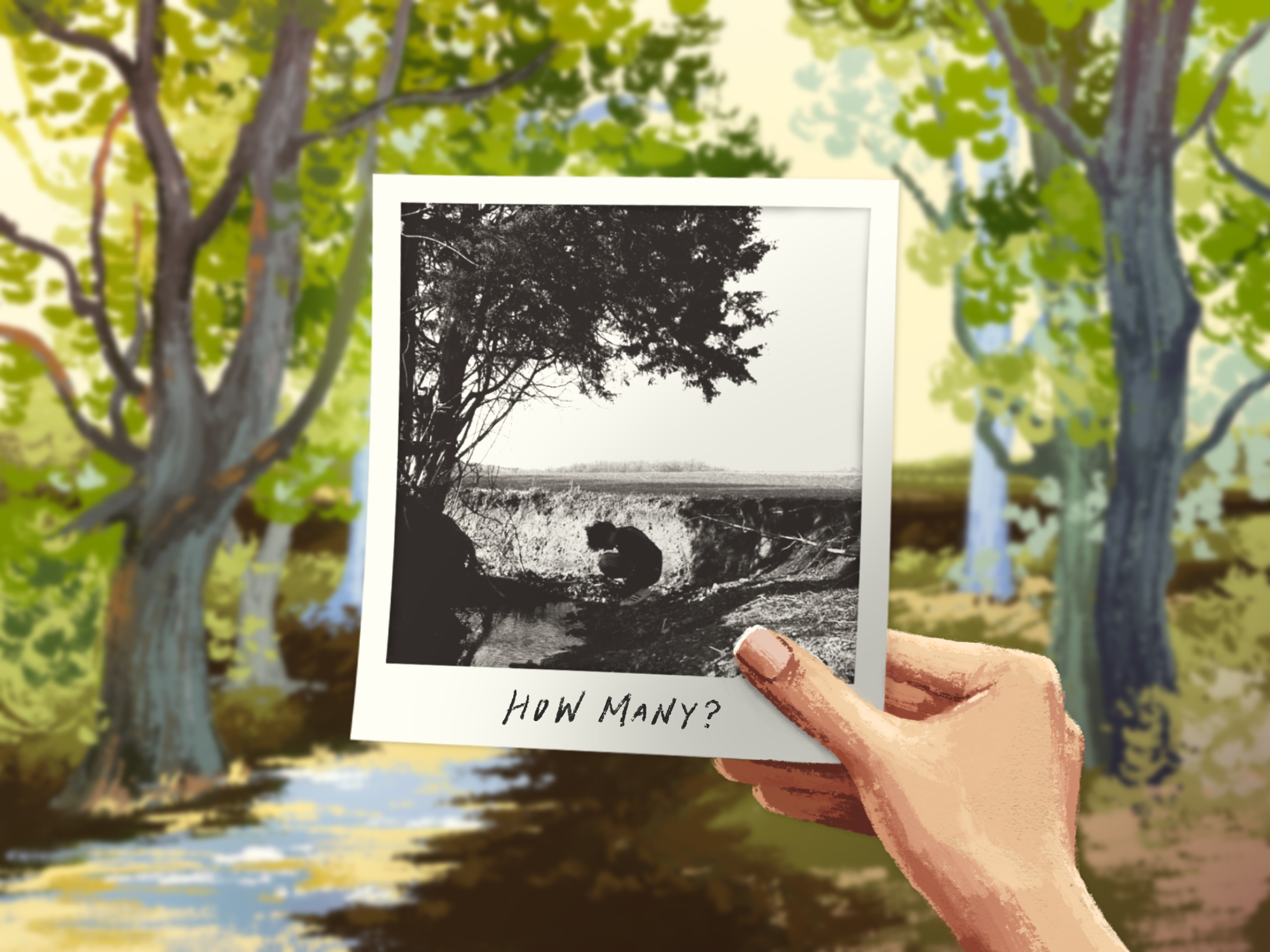The first time I teleported was when I came across a sample of indie artist Jake Minch’s “handgun” on TikTok, less than a year ago. Within seconds, I was in the magical world of his life-changing lyricism. I was left impatiently waiting for his debut EP “how many,” to be released on Oct. 20.
It was well worth the wait. Minch’s hard-hitting, intimate lyrics in “how many” captivated me and, judging by the Spotify stats, a few thousand other listeners.
Throughout the EP, Minch details experiences of his old high school life and forces the audience to attend each memory with him. The lyrics are uncomfortably, breathtakingly raw.
It’s enough to give any young songwriter an inferiority complex. No one else could conjure such intense rhymes about painful topics: “Who gives a kid a handgun? Who gives a kid to a mom who doesn’t want one?”
This song, “handgun,” has over 1.5 million streams to date. Listeners are teleported to different settings of his heartbreak throughout the song (a bar bathroom, the back of a car, a laundry room), envisioning and feeling exactly what Minch experienced in each scene. It aches with devastating emotion, as if plagiarizing rhetorical questions and anecdotes from diaries across the globe.
If this single is a musical obituary lamenting the end of an unhealthy relationship, the rest of the EP is a Ouija board.
In the project’s six tracks, Minch desperately calls out to his passed-on life and contemplates how he arrived at his current reality. There’s an enticing mix of raw hope and misery. Clearly, Minch wants to hold onto high school — a world that he’s memorized and memorialized — up until his college years. But it is too late.
The song “bike ride” has Minch reminiscing about long-gone friendships. He takes simple, universal aspects of childhood (games of manhunt, rolling pointlessly down grassy hills) and wields them to demonstrate personal emotions. Although listeners don’t know much about the people Minch lists off, these vignettes show us the vibrancy and significance of his friendships, appealing to our own childhood memories.
Meanwhile, “strip mall” is about experiences delicate to him. Although specific, I found myself easily resonating with the underlying sentiments. There’s a mismatch between the “new you” and the “old life”; there’s a strikingly palpable absence of someone who used to be “your person.”
Everyone wants to run away from some aspect of their high school experiences. The images in this EP are so relatable and memorable that they won’t let the listener escape. I’m held captive by my experiences while Minch grieves his own. When he sob-screams, “You touch my arm, and I believe that there’s a god,” I’m lying on my bedroom floor, 17 again, reliving a time when I turned romance into religion.
I can’t wait for a future in which we have more than 17 streamable minutes of Minch’s music. That being said, I felt that the release could do without its first track, “moms new car.” It begins the collection with a focus on a difficult family dynamic, but it lacks a resolution as it is never unpacked or highlighted in songs two through six.
The songs are also repetitive in sound and aesthetic. It was hard to distinguish between tracks during my first and second EP listen. After the first few streams, though, revisiting certain lines had the satisfaction of re-riding a familiar emotional rollercoaster.
With Minch’s brilliant, one-of-a-kind voice and lyricism, it’s easy to say that his music is underrated. I hold hope that it will gather much more attention as months pass. However, no number of streams can convince me that “how many” has gotten sufficient praise and ears. The release is everything, and it deserves much more than that.
Editor’s Note: This article is a review and includes subjective thoughts, opinions and critiques.
